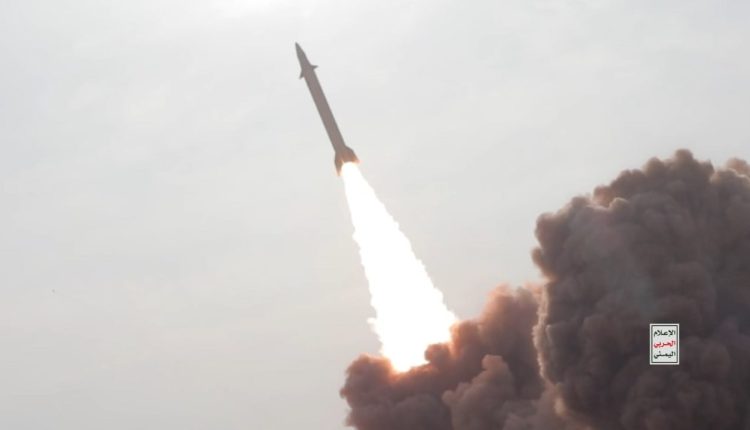Yemen Clinches the Battle… American Prestige Shattered Zionist Project Fractured the State of Israel in the Face of Yemeni Steadfastness the resilience of the Yemeni people)
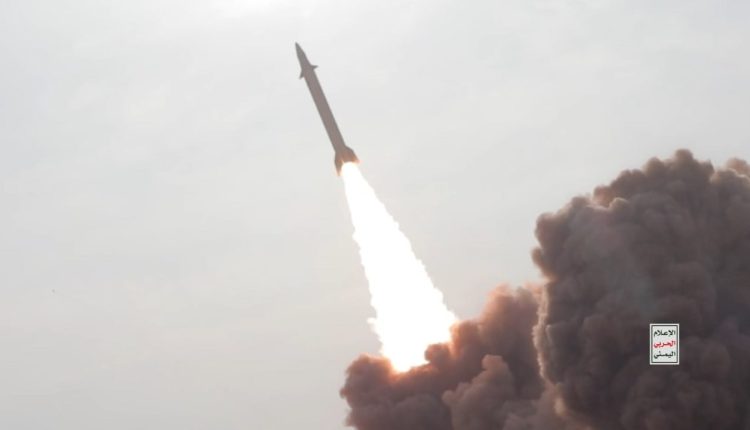
In a striking development that reflects profound tactical and strategic shifts, Yemen has become today’s emblem of the collapse of American prestige and the fracturing of the Zionist project in the face of Yemeni steadfastness.
An American Retreat under the Impact of Yemeni Missiles

The U.S.-aligned newspaper The Hill — known for its proximity to decision-making circles in Washington described the recent agreement to halt the U.S. “aggression” in Yemen as a “retreat disguised as triumph.” It noted that the Trump administration found itself compelled to withdraw from a campaign that yielded nothing but losses. American drones UAVs were shot down, fighter jets were lost, and billions evaporated without any strategic gains, while Yemeni forces remained more firmly rooted and cohesive than ever.
Columnist Imran Khaled argued in The Hill that Trump, who began his tenure threatening the Yemenis with “annihilation,” ended it by hailing them as “brave,” a turn that signifies full acknowledgment of defeat. Most tellingly, the article concluded that the United States had abandoned its Israeli ally and left it isolated on the battlefield, thereby shaking the confidence of Israel and its Arab partners in America’s traditional role as protector and ally.
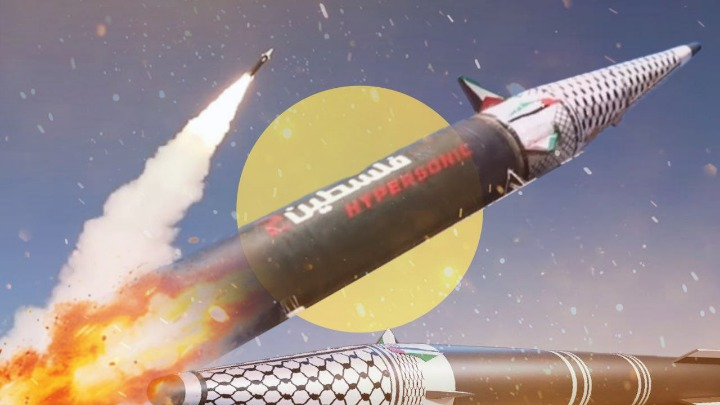
Yemen as Tel Aviv’s Nightmare: An Israeli Admission of Defeat
Remarkably, the Israeli newspaper Haaretz issued a direct warning: “No country has ever succeeded in subjugating the Yemenis, so why does Israel continue to try?” This question not only carries a tone of helplessness but also reveals a growing conviction within Israel’s corridors of power that the tools historically used to subdue regional populations — such as targeted assassinations and concentrated airstrikes are ineffective against a people who view their struggle as an existential, non-negotiable cause.
Haaretz further asserted that assassinations will prove futile and that the assault on al-Hudaydah port will not subdue the Yemenis but will only steel their resolve. The conflict has not only highlighted Yemeni resilience but has also exposed the limited options available to Tel Aviv when faced with a threat that extends beyond the bounds of Gaza and the West Bank.
In parallel, Reuters reported that sirens sounded once more in the settlements of Nir Am and the occupied West Bank as missiles launched from Yemeni territory added Yemen to the list of fronts posing an immediate danger to Israel’s strategic depth.
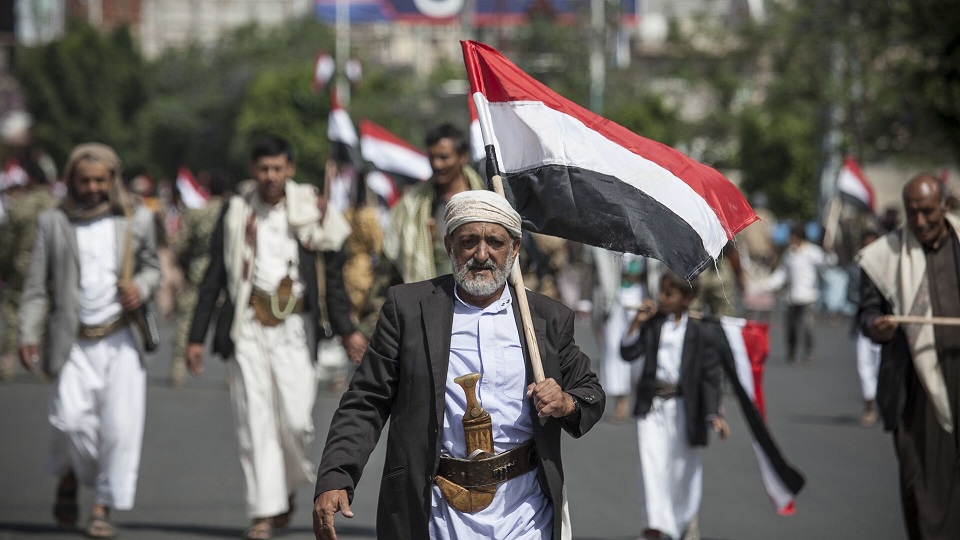
The Guardian: Yemen Reshapes the Regional Map
The British newspaper The Guardian went further than merely recording military failure; it argued that the U.S.-Israeli campaign in Yemen has inadvertently strengthened Sana’a’s regional political and military presence. Far from curbing Yemen, the aggression has enhanced Yemeni decision-making autonomy, deepened its solidarity with the Palestinian cause, and broadened its influence across the Red Sea.
According to The Guardian, the “airstrike strategy” adopted by Washington and Tel Aviv proved impotent because the Yemeni adversary possesses a high capacity for adaptation and conducts a “smart war of attrition” relying on missiles and drones thereby breaking conventional rules of engagement and forcing adversaries to reconsider costlier alternatives.
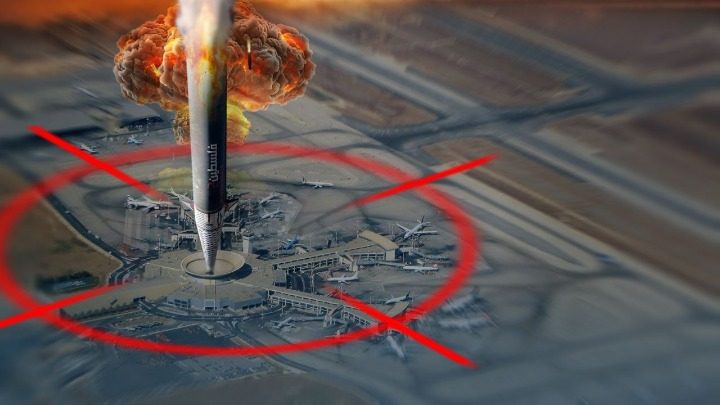
Field and Political Paradox: Sana’a Holds the Initiative
Despite the siege and relentless bombardment, all three Western outlets agree that Sana’a still holds the upper hand on the battlefield. Yemen’s ability to sustain missile launches, operate UAVs, and strike vital targets in the Red Sea and beyond has not been diminished by any air campaign, indicating that Yemen has built a flexible, non-traditional defense-offense system.
Crucially, Sana’a’s influence now extends well beyond military arenas into regional politics as a force to be reckoned with — especially after emerging as a key defender of Gaza and Palestine. Its voice is increasingly heard in Arab and international political decision-making circles.
A Fundamental Shift in the U.S.–Israeli Relationship
The Hill’s revelation that Israel was “excluded” from the ceasefire agreement between Yemen and the U.S. reveals a schism in the traditional U.S.–Israeli axis. Their interests are no longer fully aligned and, at times, even conflict — a development that deeply alarms Tel Aviv, which fears a sudden U.S. withdrawal similar to those from Afghanistan and now Yemen.
Haaretz poses the question: “Will Trump push Netanyahu toward a deal with the Yemenis as he did?” — a pointed suggestion that Israel is moving from a posture of assumed dominance to one of reluctant negotiation with a power it once dismissed as a “marginal enemy.”
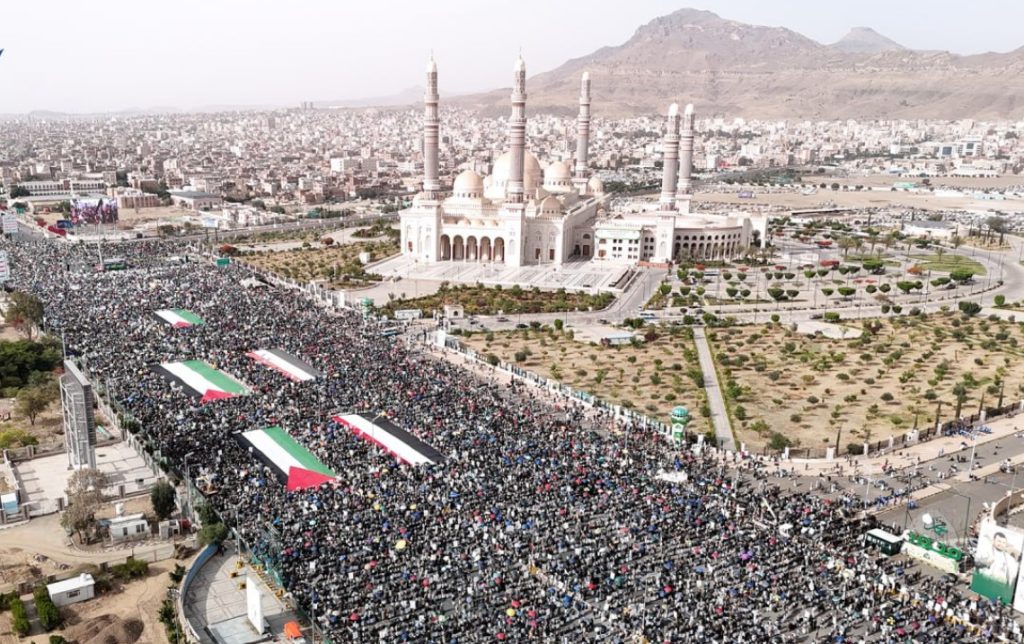
The New Yemen: From Victim to Architect of Transformations
What is unfolding today is a profound shift in Yemen’s position on the regional geopolitical map the strategic outline of state interactions). Sana’a Yemen’s capital) is no longer merely a bombarded capital; it has become a platform for launching both missile and political messages alike. Today, it speaks the language of the victor, while its adversaries speak in terms of defense, justification, and loss.
This transformation would not have occurred without an escalating deterrence strategy widespread popular and political steadfastness and the ability to combine military strength with a moral stance supporting the causes of the Ummah foremost among them Palestine .
It can be said that what the world witnessed in recent months was not a fleeting skirmish but a decisive turning point in the history of the regional conflict. Yemen—once deemed by Washington and Tel Aviv to be the weakest link—has become the arena in which imperial prestige was shattered. Today, the United States and Israel stand before a new reality: Yemen cannot be broken by force, nor can Sana’a be isolated from its Arab and Islamic environment.
Sana’a has emerged as a formidable actor that cannot be overlooked, and history may well record this phase as the moment when the real collapse of American and Zionist hegemony began in the heart of the region.

